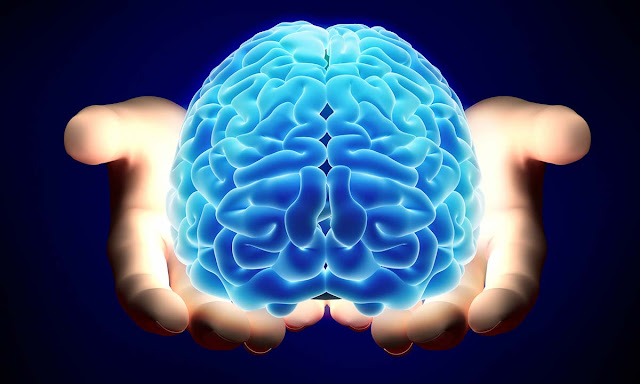Technology has revolutionized almost every aspect of our lives, from communication and entertainment to education and productivity. While these advancements have undoubtedly brought numerous benefits, it is essential to recognize that tech's pervasive presence can also profoundly impact our mental health. As we become more connected to our devices and spend increasing amounts of time online, it is crucial to examine the potential consequences that these changes may have on our well-being. In this article, we will explore both the positive and negative effects of tech on our mental health, shedding light on the challenges we face and the steps we can take to navigate this complex digital landscape.
The Positive Impacts of Technology on Our Well-being
Before delving into the challenges, it is essential to acknowledge the positive ways in which technology can support mental health:1. Accessibility to Information and Support: PIA’s study shows that technology has made accessing information about mental health conditions, treatments, and self-help resources easier. Online platforms and mental health apps offer a range of tools, from meditation and relaxation techniques to therapy sessions and support groups.
2. Remote Mental Health Services: Telemedicine and teletherapy have expanded access to mental health services, particularly for those in remote areas or with mobility challenges. These options have proven invaluable, especially during times of crisis, such as the COVID-19 pandemic.
3. Community and Connection: Social media and online forums provide opportunities for individuals to connect with like-minded people, find support networks, and combat feelings of isolation. These virtual communities can foster a sense of belonging and understanding.
The Undesirable Influence of Tech on Psychological Health
As beneficial as tech can be, there are several concerning aspects that may have adverse effects on our mental well-being:
1. Social Media and Comparison Culture: Social media platforms often promote an idealized version of reality, leading to constant comparisons and feelings of inadequacy. The pressure to present a curated online persona can contribute to anxiety, depression, and low self-esteem.
2. Information Overload: The digital age bombards us with a constant stream of news, notifications, and content. This information overload can lead to stress, difficulty concentrating, and feeling overwhelmed.
3. Sleep Disruptions: The blue light produced by screens can affect our sleep patterns, causing sleep disorders & insomnia. Sleep deprivation, in turn, can negatively impact our mood and cognitive functions.
4. Cyberbullying and Online Harassment: The anonymity the internet provides can sometimes lead people to engage in harmful behavior, such as cyberbullying. Such experiences can be emotionally distressing and have lasting effects on mental health.
5. Fear of Missing Out (FOMO): The fear of missing out on social events or exciting experiences portrayed on social media can lead to increased anxiety and a sense of disconnection from real-life experiences.
Navigating the Digital Landscape: Promoting Positive Tech Habits
While it may be impossible to avoid technology entirely, there are steps we can take to foster a healthier relationship with it:1. Set Boundaries: Establish specific time limits for using technology before bedtime, especially social media and screens. Allocating time for other activities can help break the cycle of constant digital engagement.
2. Mindful Consumption: Be conscious of the content you engage with online. Follow accounts that promote positivity and inspiration, and consider unfollowing or muting those that trigger negative emotions.
3. Limit Social Comparisons: Remind yourself that social media often showcases the highlights of people's lives, not the whole picture. Focus on your own journey and accomplishments instead of comparing yourself to others.
4. Engage in Physical Activities: Balance screen time with outdoor activities, exercise, or hobbies that promote relaxation and well-being.
5. Seek Support: If you find that technology significantly impacts your mental health, consider reaching out to mental health professionals or support groups online and offline.
6. Digital Detox: Consider scheduling periods of digital detox where you consciously disconnect from tech. Use this time to engage in activities that allow you to unwind, such as reading a book, practicing mindfulness, or spending quality time with loved ones without distractions from screens.
7. Foster Real-Life Connections: While tech enables virtual connections, prioritize building and maintaining face-to-face relationships. Engaging in meaningful conversations and sharing experiences in person can provide a sense of fulfillment and emotional support that virtual interactions may lack.
Technology has undoubtedly altered how we live, work, and interact with the world. While it offers numerous advantages, we must take its potential impact on our mental health into consideration. By understanding the challenges and promoting positive tech habits, we can harness technology's power for personal growth and well-being while minimizing its negative consequences. A balanced approach will enable us to navigate the digital landscape with greater resilience, enhancing our mental health and overall quality of life in the process.

No comments:
Post a Comment